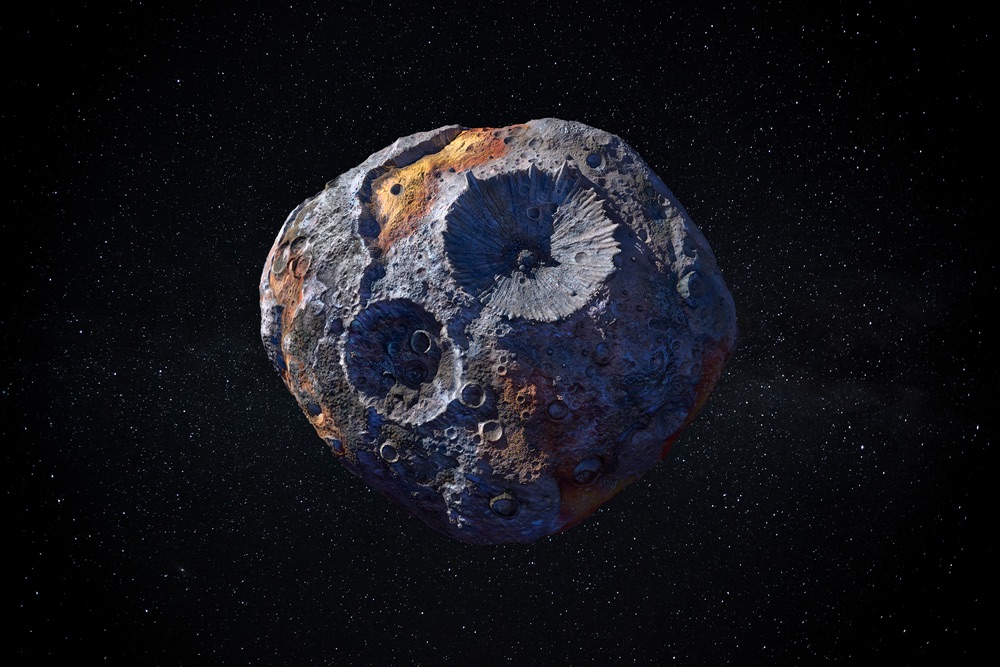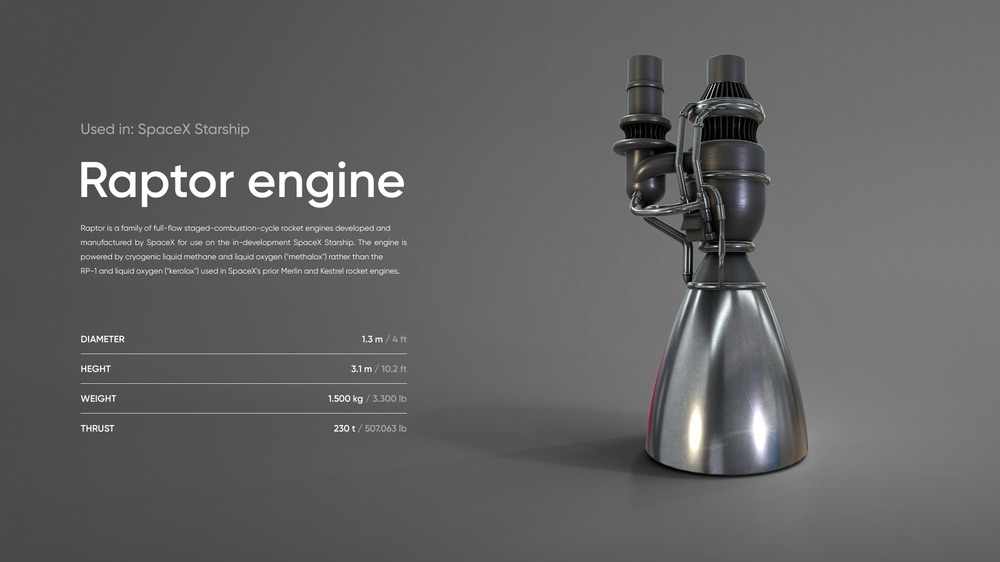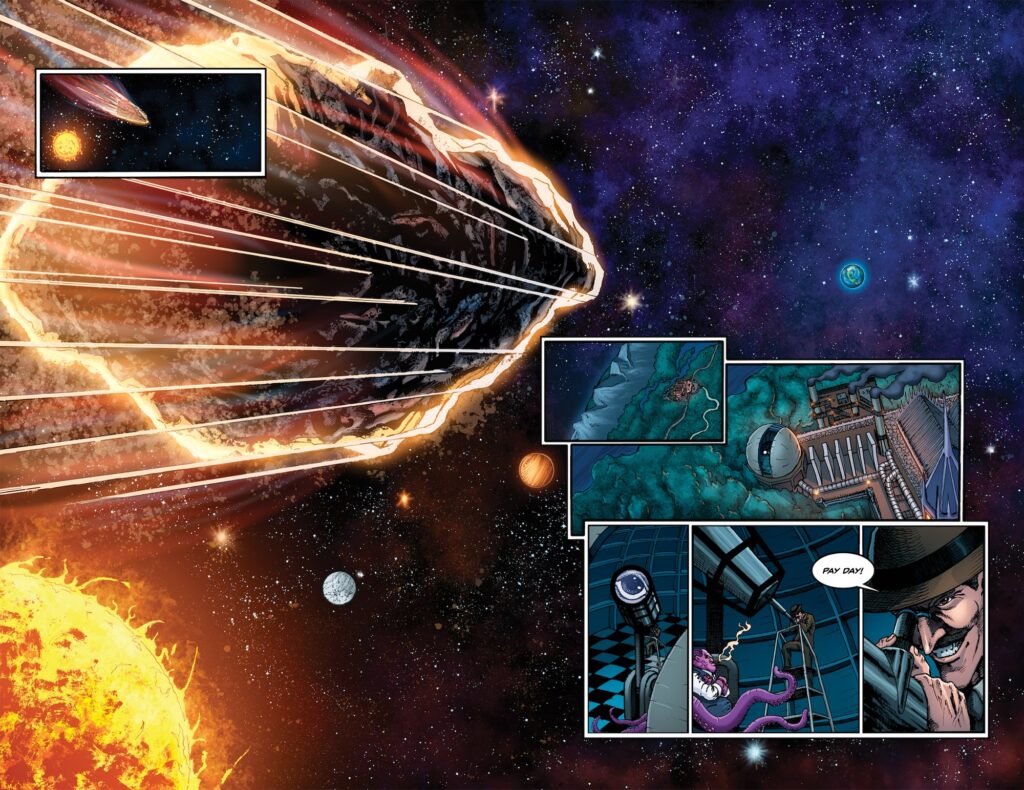
Asteroid mining, once a concept confined to the realm of science fiction, is increasingly being discussed as a viable future industry. This futuristic idea involves extracting valuable minerals and metals from asteroids near Earth, potentially revolutionizing how we think about resources and sparking a new era in space exploration.

The Scientific Basis for Asteroid Mining
Asteroids, often rich in metals such as platinum, gold, and iron, present a tantalizing opportunity for space exploration companies. According to research from the Planetary Science Institute, certain asteroids contain materials that could support the global economy on an unprecedented scale, and their extraction could alleviate the depletion of Earth-bound resources.
Collect asteroid sample and deliver it to Earth.
NASA’s ongoing missions, such as the OSIRIS-REx, which successfully gathered samples from the asteroid Bennu, underscore the technical feasibility of reaching these celestial bodies and returning with materials. The data collected from these missions provide essential insights into the composition of asteroids and the practical challenges of mining them.
Technological and Economic Challenges
The biggest hurdles in asteroid mining are not only scientific but also technological and economic. As pointed out by the Massachusetts Institute of Technology, current space travel technology makes missions to asteroids highly expensive, and the economic viability of mining operations remains uncertain. The cost of transporting materials from space to Earth is a significant barrier, necessitating breakthroughs in spacecraft design and propulsion.

Moreover, an analysis by the Space Studies Institute highlights the need for in-space manufacturing and processing technologies to make asteroid mining economically feasible. The idea is to utilize the materials gathered from asteroids in space itself, for constructing space stations and other infrastructures, thereby reducing the need to transport heavy materials from Earth.
Legal and Ethical Considerations
The legal landscape for asteroid mining is still in its infancy. The Outer Space Treaty of 1967, which governs the activities of states in the exploration and use of outer space, does not explicitly address private ownership of extraterrestrial resources. Recent legislation in countries like the United States has begun to clarify these issues, giving companies rights to the resources they mine in space, but international consensus is lacking.

Ethical questions also arise regarding the exploitation of space resources. There is a growing debate on whether space should be considered a common heritage of mankind, with equitable sharing of its resources, or if it should be open to the commercial interests of those who have the technology to reach it first.

Looking to the Future
While the prospect of asteroid mining stretches the imagination, it is grounded in a solid scientific foundation. Advances in robotics, artificial intelligence, and spacecraft engineering may soon reduce the costs and technical barriers associated with this venture. With continued investment in space technologies and clearer regulatory frameworks, asteroid mining could transition from science fiction to a cornerstone of a sustainable space economy.
Today, asteroid mining stands at the crossroads of imagination and reality. It represents a bold step towards the future, promising to extend Earth’s economic sphere beyond its traditional bounds. As we stand on the brink of this new frontier, it is crucial to navigate the challenges with a balanced approach, considering both the technological possibilities and the ethical implications.

